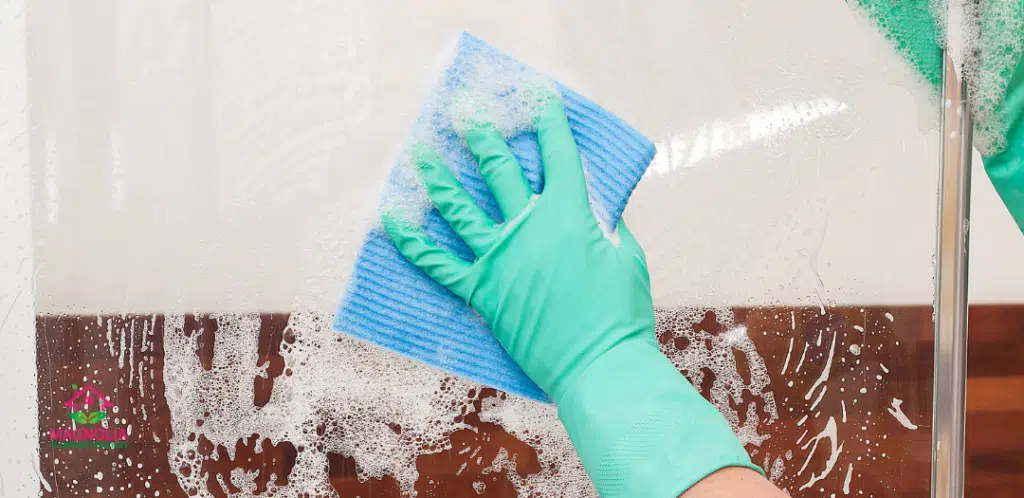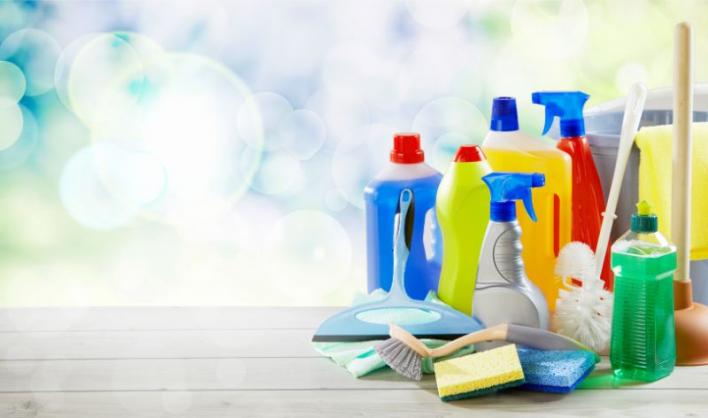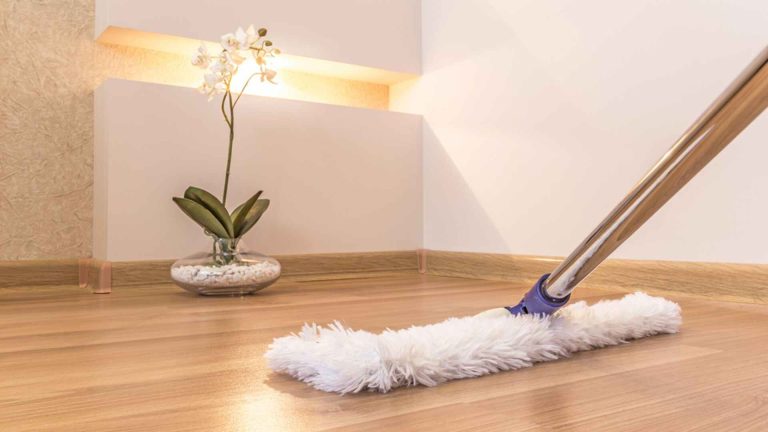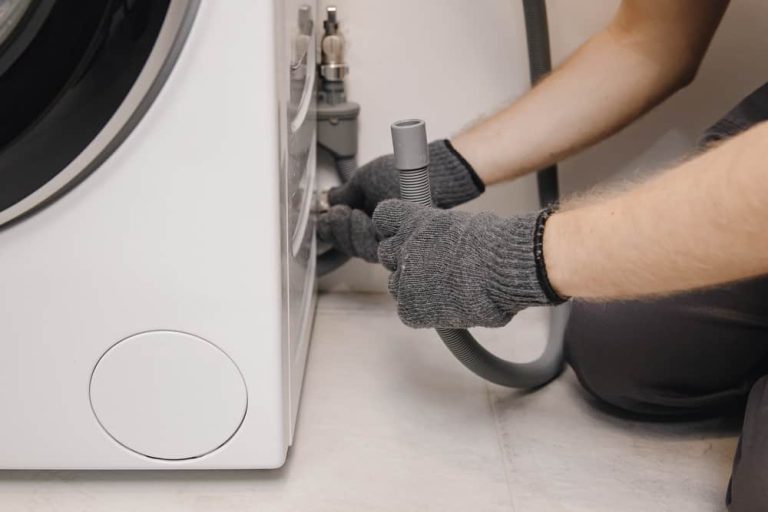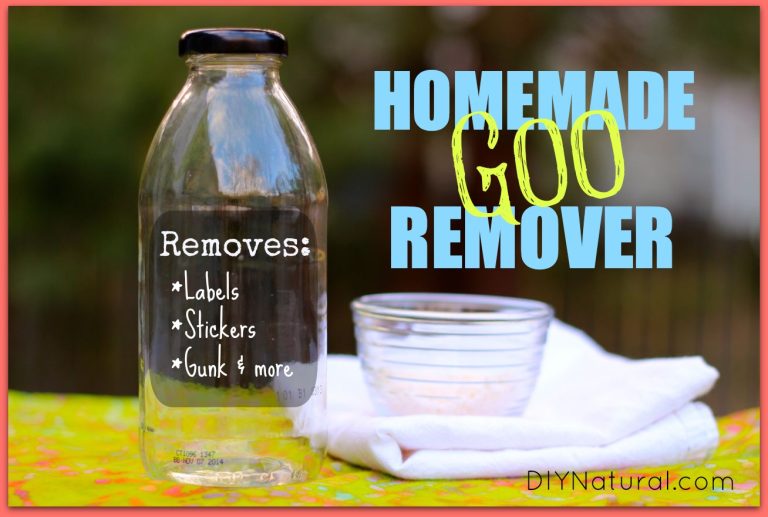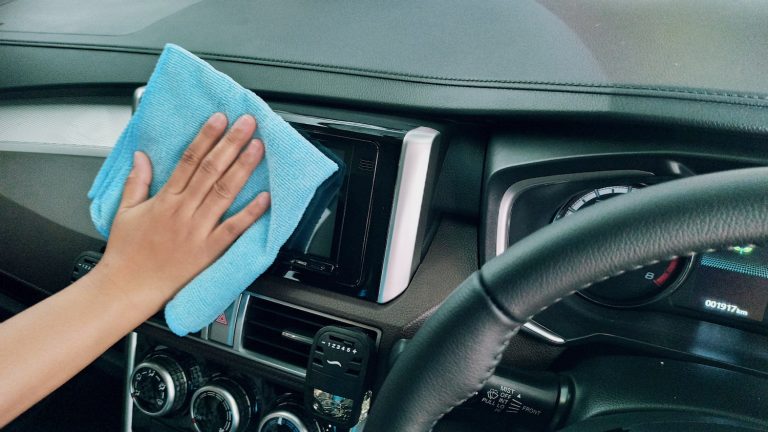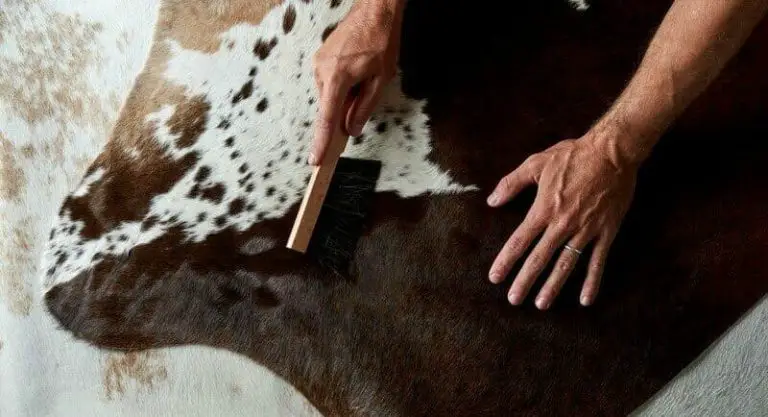What do the Professionals use to Clean Shower Glass Doors?
Cleaning glass shower doors can be a tedious and time-consuming task, especially if you’re not using the right cleaning products or techniques. Professional cleaners have perfected the art of glass cleaning, and they use a variety of tools and products to get the job done quickly and effectively. The products and techniques they use are designed to remove even the toughest stains and buildups without damaging the glass. If you’re looking to achieve professional-level results when cleaning your glass shower doors, it’s worth considering some of the products and tools they use. In this response, we will explore the methods and products used by professionals to clean shower glass doors so that you can achieve the same level of cleanliness in your own home.
Types of Specialized Cleaning Solutions Used by Professionals
Professional cleaners use a variety of specialized cleaning solutions to remove soap scum, hard water stains, and other buildups from glass shower doors. Some of the most popular types of cleaning solutions include:
- Acid-based cleaners: These cleaners contain acids such as hydrochloric acid or phosphoric acid, which dissolve mineral deposits and soap scum on glass surfaces. While effective, these cleaners can be harsh and may damage certain types of glass.
- Alkaline-based cleaners: Alkaline-based cleaners use ingredients like ammonia or sodium hydroxide to break down and remove dirt and grime. They are often more gentle than acid-based cleaners and can be used on a wider range of glass surfaces.
- Enzyme-based cleaners: Enzyme-based cleaners use natural enzymes to break down organic matter like soap scum and body oils. They are eco-friendly and non-toxic, making them a great choice for homeowners looking for a more environmentally friendly option.
- Abrasive cleaners: Abrasive cleaners contain small particles like baking soda or silica that help scrub away tough stains and buildup. However, they can be too abrasive for some types of glass and may scratch or damage the surface over time.
- Distilled white vinegar: Many professionals also use distilled white vinegar as a natural and effective cleaning solution for glass surfaces. Its acidity helps dissolve mineral deposits and soap scum without damaging the glass surface.
Credit: www.cleaninginstitute.org
Explanation of why Microfiber Cloths are Essential for Cleaning Shower Glass Doors
Microfiber cloths are essential for cleaning shower glass doors because they are soft, absorbent, and effective at trapping dirt and grime without scratching the glass. Microfiber is a synthetic material made up of very fine fibers, typically less than one denier in thickness (a denier is a unit of measurement for the fineness of fibers). This gives microfiber cloths a unique ability to attract and hold onto dust, dirt, and other particles.
When cleaning shower glass doors, it’s important to use a cloth that won’t scratch or damage the surface. Regular towels or rags can leave lint or scratch the glass, but microfiber cloths are designed specifically for cleaning delicate surfaces like glass. They are gentle enough not to scratch or damage the glass yet strong enough to effectively clean away buildup and stains.
Microfiber cloths also have superior absorbing power compared to traditional cloths. They can hold up to seven times their weight in water, making them ideal for soaking up excess water on shower doors after cleaning. They are also easy to wash and reuse, making them a cost-effective and eco-friendly alternative to disposable wipes or paper towels.
How to Use Them Effectively for Cleaning Glass Surfaces
Here are some tips for using microfiber cloths effectively for cleaning glass surfaces like shower doors:
Use separate cloths for wet and dry cleaning: To avoid leaving streaks on the glass surface, use separate microfiber cloths for wet cleaning and dry polishing. Wet the first cloth with your chosen cleaning solution and use it to scrub away buildup and stains. Then, use a dry microfiber cloth to buff and polish the glass surface until it’s completely dry.
Don’t use fabric softener or dryer sheets: Fabric softeners and dryer sheets can leave a residue on the microfiber cloth that can transfer to the glass surface, leaving streaks. Avoid using these products when washing or drying microfiber cloths.
Air dry or tumble dry on low heat: High heat can damage the fibers of microfiber cloths, so avoid using high heat settings when drying them. Instead, air dry them or tumble dry them on a low heat setting.
Store them properly: Store your microfiber cloths in a dry place to prevent mold and mildew growth. Avoid folding them or storing them in a confined space, as this can cause them to lose their shape and effectiveness over time.
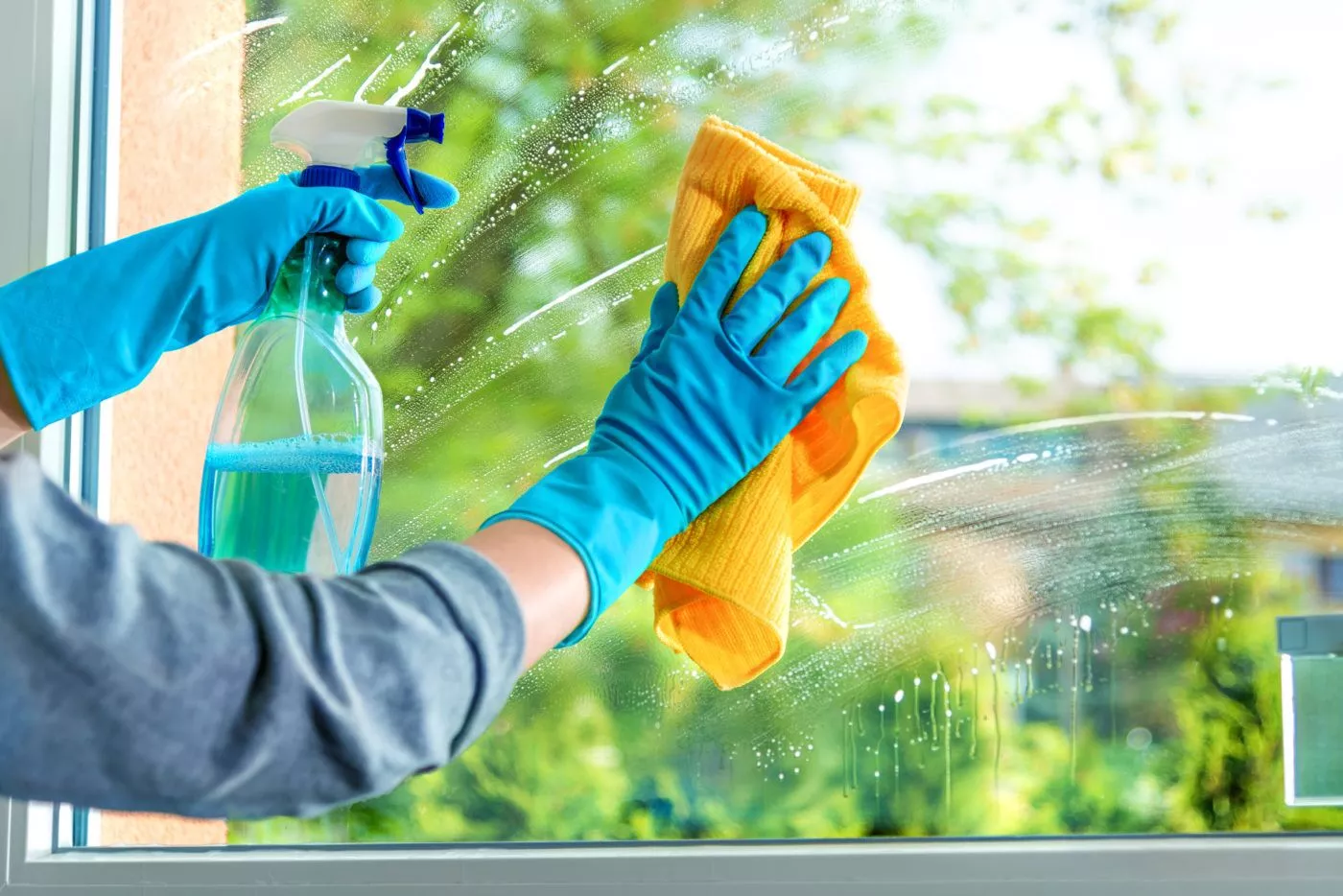
Credit: www.theglassguru.com

